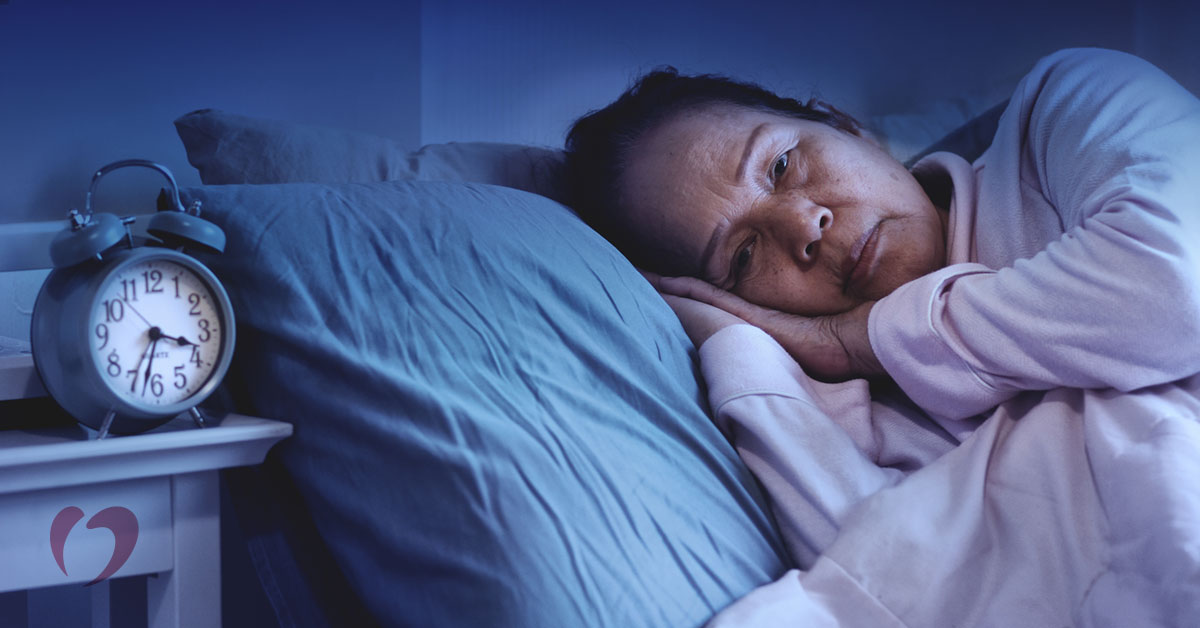The Role of Sleep in Heart Health

If you are one of millions of Americans who are chronically short on sleep or living with a sleep disorder, you know how much lack of sleep can affect your life. Whether it’s trudging through each day or battling a struggling immune system, lack of sleep can significantly disrupt your daily life.
In fact, being chronically sleep deprived or having a sleep disorder can even impact your heart health. It may sound a little unusual, but getting a good night’s rest can go a long way to lowering your overall risk for heart disease.
Sleep is when the body rests and repairs itself. As a part of this process, there are periods of sleep during which the heart rate slows and blood pressure drops. Sleep disorders like sleep apnea and narcolepsy can interfere with these restorative cycles. Over time, these disruptions can create maintenance problems for the body that increase the risk for heart disease.
Lack of sleep directly contributes to an increase in blood pressure, impacts insulin production and appetite, and has an overall negative effect on healthy habits. Exhausted people are more likely to skip regular exercise, have increased stress levels, and choose unhealthy foods. These lifestyle factors can increase risk factors for heart disease, including obesity and diabetes.
Here are some tips to help you get a better night’s sleep.
Stick to a schedule
Going to bed and rising at the same time each day can lead to better sleep. Your body will know what to expect, and its cycle of sleeping and waking will become more consistent. While it’s not always possible to get in bed at the same time every night, aim to stick to a schedule most nights of the week. Set a routine for yourself to begin to wind down as bedtime approaches.
Create a restful environment
Setting the scene can both signal your body that it is time to rest and keep you comfortable as you sleep. A dark, quiet, cool room is ideal. A sound machine can drown out noisy neighbors, vehicles, or other distractions. Making use of room-darkening window treatments can keep out the brightest moonlight or poorly placed streetlight. The light wavelengths from screens can disrupt your body’s sleep cycle, so limit the use of screens for about an hour before bed.
Be active
Parents and pet owners know that their child or pet sleeps better when they are a little worn out from physical activity. When your body is tired, sleep will come easier. Be sure to get some activity in each day and limit napping so your body is ready to rest all night long.
Manage sleep disorders
Sometimes, all the basic sleep tips in the world will not be enough to get good sleep. If you believe you may have a sleep disorder, the best course of action is to talk to your doctor about enrolling in a sleep study. Proper diagnosis and management of your sleep disorder is crucial to reducing risk for heart disease.
If you have concerns about how sleep may be impacting your heart health, talk with your Oklahoma Heart Hospital physician.
